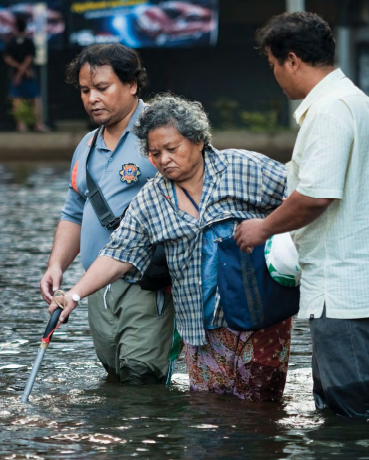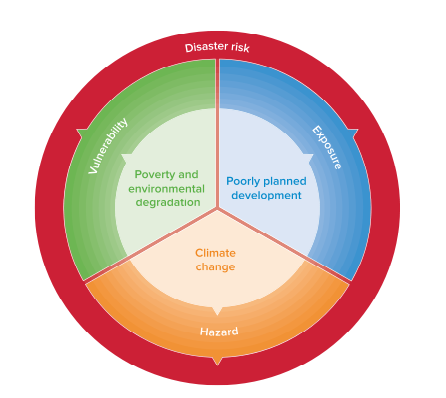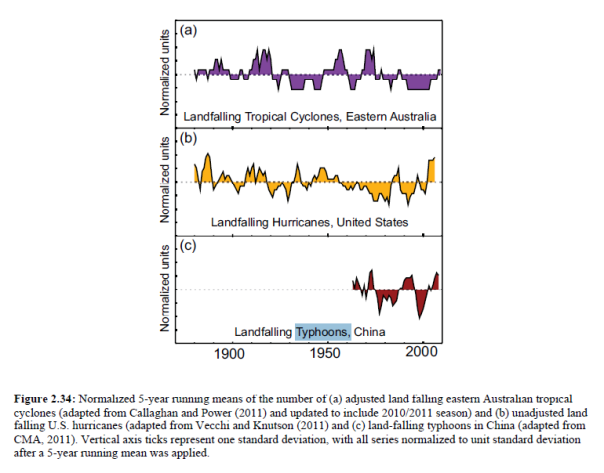Today is the 5th anniversary of the start of the ‘Climategate’ incident. Here’s a brief summary of what happened, plus IPCC-related issues raised and some thoughts on how it affected the opinion of scientists and the public.
On 17th November 2009, comments appeared on a number of sceptic blogs such as here at the Air Vent. The comment started with the text
“We feel that climate science is, in the current situation, too important to be kept under wraps.
We hereby release a random selection of correspondence, code, and documents.
Hopefully it will give some insight into the science and the people behind it.
This is a limited time offer, download now:”
This was followed by a link to the file of emails and a brief summary of some of the contents.
Two years later, a second file was released, with links posted on six blogs. This included a README.txt file (converted to pdf since wordpress does not allow .txt files) which gives some insight into the motivation:
“Over 2.5 billion people live on less than $2 a day.”
“Every day nearly 16.000 children die from hunger and related causes.”
“One dollar can save a life” — the opposite must also be true.
“Poverty is a death sentence.”
“Nations must invest $37 trillion in energy technologies by 2030 to stabilize
greenhouse gas emissions at sustainable levels.”
Today’s decisions should be based on all the information we can get, not on
hiding the decline.
This included about 5000 emails, plus an encrypted file containing over 200000 emails.
A third announcement was made in March 2013. This said that the person who hacked/leaked the emails acted alone, without any oill funding or political support, and hints at a past academic career.
Climategate and the IPCC
Here are some of the emails relating to the IPCC:
Phil Jones writing to Michael Mann:
“The other paper by MM is just garbage – as you knew. De Freitas again. Pielke is also losing all credibility as well by replying to the mad Finn as well – frequently as I see it. I can’t see either of these papers being in the next IPCC report. Kevin and I will keep them out somehow – even if we have to redefine what the peer-review literature is !”
[MM = McIntyre & McKitrick. In fact their paper was cited by IPCC AR4!]
Jones to Mann again:
“Mike, Can you delete any emails you may have had with Keith re AR4? Keith will do likewise… Can you also email Gene and get him to do the same?”
Tom Wigley says that
“In my (perhaps too harsh) view, there have been a number of dishonest presentations of model results by individual authors and by IPCC.”
Climate scientists Heinz Wanner says that he was a reviewer of the IPCC TAR (2001) and criticised it’s extensive use of the Mann Hockey Stick picture, but his comments were ignored.
Peter Thorne writes in regard to preparation of IPCC AR4,
“I also think the science is being manipulated to put a political spin on it which for all our sakes might not be too clever in the long run.”
IPCC TAR Chapter 3 author Phil Jones repeatedly breaks the IPCC rules
“I’m not supposed to send these out, so you got them from Albert.”
Hans von Storch writes
“Stupid, politicized action by IPCC, not MBH’s responsibility. IPCC did one more of these silly oversellings – by showing the damage curve by Munich Re without proper caveat in the fig caption”
Phil Jones comments on political bias in the IPCC SPM
“He says he’ll read the IPCC Chapters! He hadn’t as he said he thought they were politically biased. I assured him they were not. The SPM may be, but not the chapters.”
Climategate and opinion
Contrary to the nonsense on the subject in the Wikipedia article, Climategate had an impact on the opinion of both scientists and the general public.
Climate scientist Judith Curry described in an interview how “Climategate and the weak response of the IPCC and other scientists triggered a massive re-examination of my support of the IPCC, and made me look at the science much more sceptically”.
Berkeley physicist Richard Muller discusses the notorious “hide the decline” graph here, saying that you don’t do this and that there’s now a group of scientists whose work he doesn’t trust.
At a meeting in Nottingham, Physicist Philip Moriarty said that he and colleagues were shocked by Climategate, and used the word “anathema” in relation to the withholding of data.
Mike Hulme wrote an interesting essay After Climategate … Never the Same in which he discusses the impact on science and scientists. He also notes the impact on the opinion of Guardian writer George Monbiot (who called for Phil Jones to resign) and the general public, saying that a survey soon after the event showed a significant decline in concern about climate change and public trust in climate science.
A paper by Leiserowitz et al, “Climategate, Public Opinion, and the Loss of Trust” found a significant decline in Americans’ climate change beliefs between 2008 and 2010 (from 57% saying human activity was causing warming to 47%). They also asked specific questions about climategate, to confirm that this was a significant factor.
Other papers on Climategate include Reiner Grundmann’s “Climategate” and The Scientific Ethos, which discusses the issue in relation to traditional (“Mertonian”) and more policy-linked ways of thinking about science; The legacy of climategate, by Maibach et al, who say that it increased the partisan divide in US politics; and Climate change and ‘climategate’ in online reader comments by Koteyko, Jaspal & Nerlich.
Climategate did not change my own views very much, but made me more confident that my assessment that climate change is exaggerated and politicised was correct. To me, the real scandal was not so much that two or three climate scientists behaved badly, but that virtually the entire climate science community tried to pretend that nothing was wrong.





